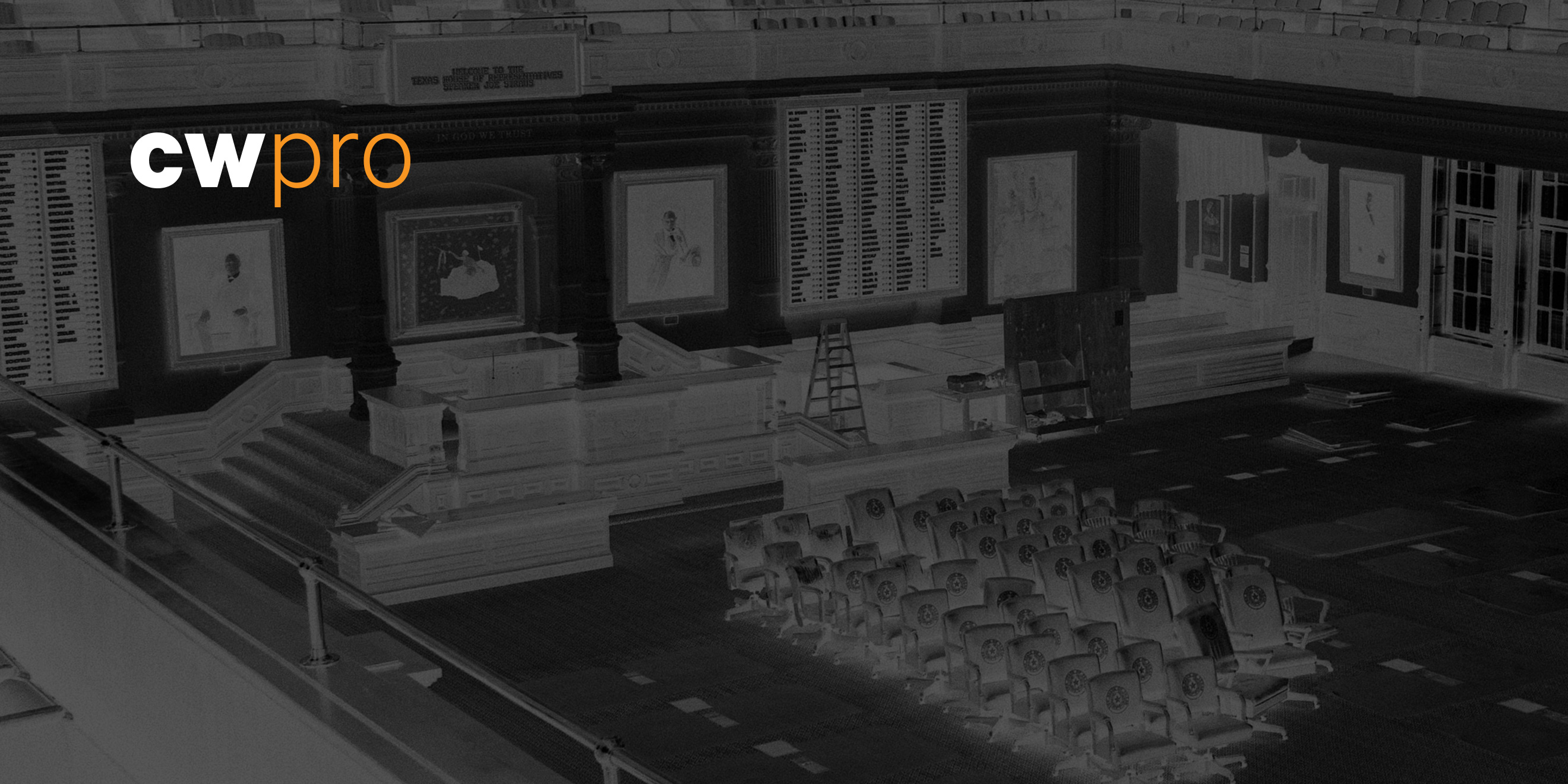At a glance.
- Governments maximize remote work during COVID-19.
- Private sector also opts for remote work.
- Many critical functions cannot be performed remotely.
- US Senate to continue deliberations over intelligence authorities.
Governments seek to maximize remote work during COVID-19 emergency.
As governments around the world close borders and restrict public gatherings, British Prime Minister Boris Johnson sought to mobilize the UK's tech sector against COVID-19 in what at least one observer called, the Guardian said, "a digital Dunkirk."
The US Office of Management and Budget (OMB) yesterday asked all Federal agencies in the National Capital Region (roughly, a large area in the Middle Atlantic and Upper South along the East Coast) to offer employees the opportunity for telework wherever feasible. The letter from OMB's Acting Director read, in part
"All Federal Executive Branch departments and agencies within the National Capital Region (NCR), consistent with OMB's recent guidance (0MB M-20-13), are asked to offer maximum telework flexibilities to all current telework eligible employees, consistent with operational needs of the departments and agencies as determined by their heads. In addition, we encourage agencies to use all existing authorities to offer telework to additional employees, to the extent their work could be telework enabled. If employees are not eligible for telework, agency heads have the discretion to offer weather and safety leave, or the agency's equivalent, including for employees who may not have been considered "at higher risk" under 0MB M-20- 13. Furthermore, agency heads should develop an operational plan that maximizes resources and functional areas to most safely and efficiently deliver these mission-critical functions and other Government services (including but not limited to staggered work schedules and other operational mitigation measures)."
On Friday the US Cybersecurity and Infrastructure Security Agency (CISA) conducted a stress test of Department of Homeland Security networks, FCW reports. "This telework event will evaluate the current remote capabilities available if CISA-wide telework becomes necessary in response to the outbreak of the COVID-19 virus," the agency said.
Private sector follows government restrictions into telework.
Restrictions on public activity in the US have, the Wall Street Journal reports, "remade American life in a weekend," as if the pandemic amounts to "an invisible but present blizzard." The Washington Post offers grounds for measured optimism with respect to Internet capacity. In the US at least, and much the same is no doubt true elsewhere, major ISPs have put measures in place to accommodate increased demand. But prepare to avoid some higher-bandwidth applications if you run into problems.
The US Cybersecurity and Infrastructure Security Agency (CISA) recommends virtual private networks (VPNs), with advice on how to use them securely and effectively. As VPNs rise in importance, they become attractive targets. CISA recommends updating VPNs and associated systems used for remote work so they’ve got the latest patches and sound security configurations. Employees should be warned to expect more phishing attempts. Security teams should review and update plans for log review, attack detection, and incident response and recovery. Use multifactor authentication and strong passwords. And, before it becomes a problem, organizations should test the limitations of their systems and plan for higher usage.
Exceptions that prove (that is, test) the rule.
Many critical operations--many of them such industrial operations as utilities--can't be run purely remotely. WIRED has an overview of where telework will prove impossible, and why.
US Senate deliberations over intelligence and surveillance reforms continue.
After declining last week to approve a House bill that would, among other things, have extended domestic surveillance authorities, the Senate will continue its deliberations on the matter, SecurityWeek reports. Three Senators in particular--Republicans Lee of Utah and Paul of Kentucky, and Democrat Wyden of Oregon--led opposition to the bill the House sent to the upper house.
